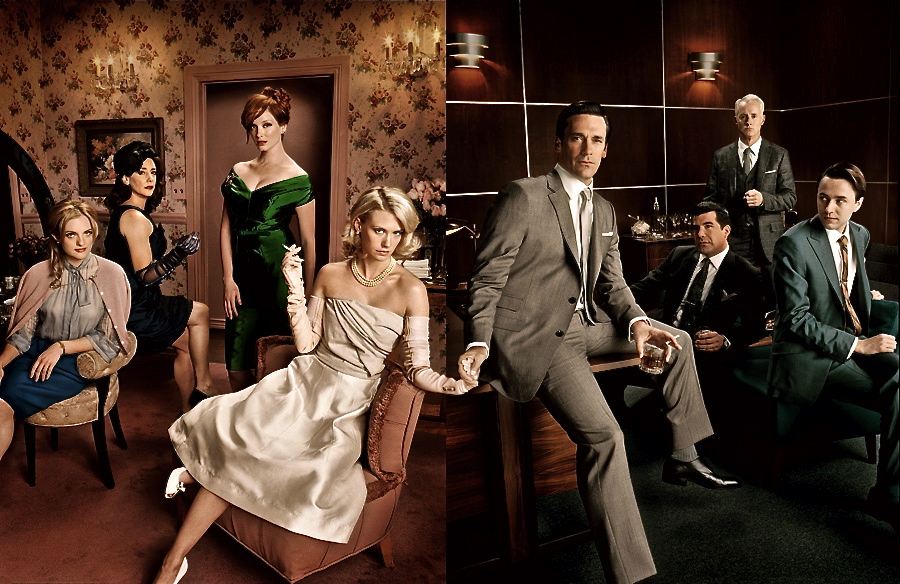Hope: Small and Large
Drew Trotter
 If you have not seen the Emmy-winning HBO series True Detective, it would be impossible to bring you up to speed on who the characters are who engage in a final dialogue as they are leaving the hospital at the end of the series. Suffice it to say that the principal character, Rust Cohle, played by Matthew McConaughey, has articulated a dark view of the world throughout the eight episodes. He and his foil, Marty Hart, played by Woody Harrelson, regularly engage in discussions in their car (they begin as police detectives and eventually end as PIs), which invariably end in a despairing take on whatever the subject might be.
If you have not seen the Emmy-winning HBO series True Detective, it would be impossible to bring you up to speed on who the characters are who engage in a final dialogue as they are leaving the hospital at the end of the series. Suffice it to say that the principal character, Rust Cohle, played by Matthew McConaughey, has articulated a dark view of the world throughout the eight episodes. He and his foil, Marty Hart, played by Woody Harrelson, regularly engage in discussions in their car (they begin as police detectives and eventually end as PIs), which invariably end in a despairing take on whatever the subject might be.
All this changes in the last scene, when Cohle is fleeing the hospital in his patient’s gown. After a moving discussion of a vision Cohle had while he was in a coma, he returns to a theme the series often centers on—the theme of story. Cohle says he now believes all stories are just one story: Light versus Dark. Hart looks up at the sky and says, “…it appears to me ‘dark’ has a lot more territory.” Cohle agrees with him.
After a moment’s reflection, though, Cohle changes his mind:
Cohle: “You’re looking at it wrong, the sky thing.”
Hart: “How’s that?”
Cohle: “Well, once there was only dark. You ask me, the light’s winning.”
The camera then tilts up to a pitch-black sky in which stars begin to appear as the music comes up and the series ends.
There are many appeals to Genesis 1 in this dialogue; the episode is even entitled “Form and Void”. But one doesn’t have to look far to find the most important thing about this final statement. It is the sea-change in Rust Cohle from despair to hope, and it is as encouraging an ending to a story as I have seen in film or television in a long time. Cohle’s statement of hope is a big one. One feels a strength and an optimism about life, when this man who has endured so much and has been so self-destructive ends his story so optimistically. I didn’t know whether to shout or cry when I watched the episode the first time.
Contrast that with the way Marilynne Robinson ends her quiet novel, Gilead. The novel consists of its main character, John Ames, writing a memoir for his young son to read when he grows up and Ames is gone. Ames is a pastor in the small and dying town of Gilead, Iowa, and the portrait drawn by Robinson is of a man who is both scholarly and caring, but often despairing of the worth of his life and ministry.
Bleak as Ames’s vision is at times, Robinson includes this in his last ruminations: “This whole town does look like whatever hope becomes after it begins to weary a little, then weary a little more. But hope deferred is still hope.” Ames then affirms his love for the town and thinks of his own burial as a “last wild gesture of love,” promising to pray for his son that he will grow up “a brave man in a brave country” and, in his characteristically understated way, that he will “find a way to be useful.” Ames closes his memoir (and Robinson her novel) with the poignant, “I’ll pray, and then I’ll sleep.”
Rust Cohle’s hope is a large one, that in all the universe, the light is winning. John Ames’s hope is a small, localized hope—a desire that his son will “find a way to be useful.” Don’t we need both in our lives? Doesn’t God provide both?
